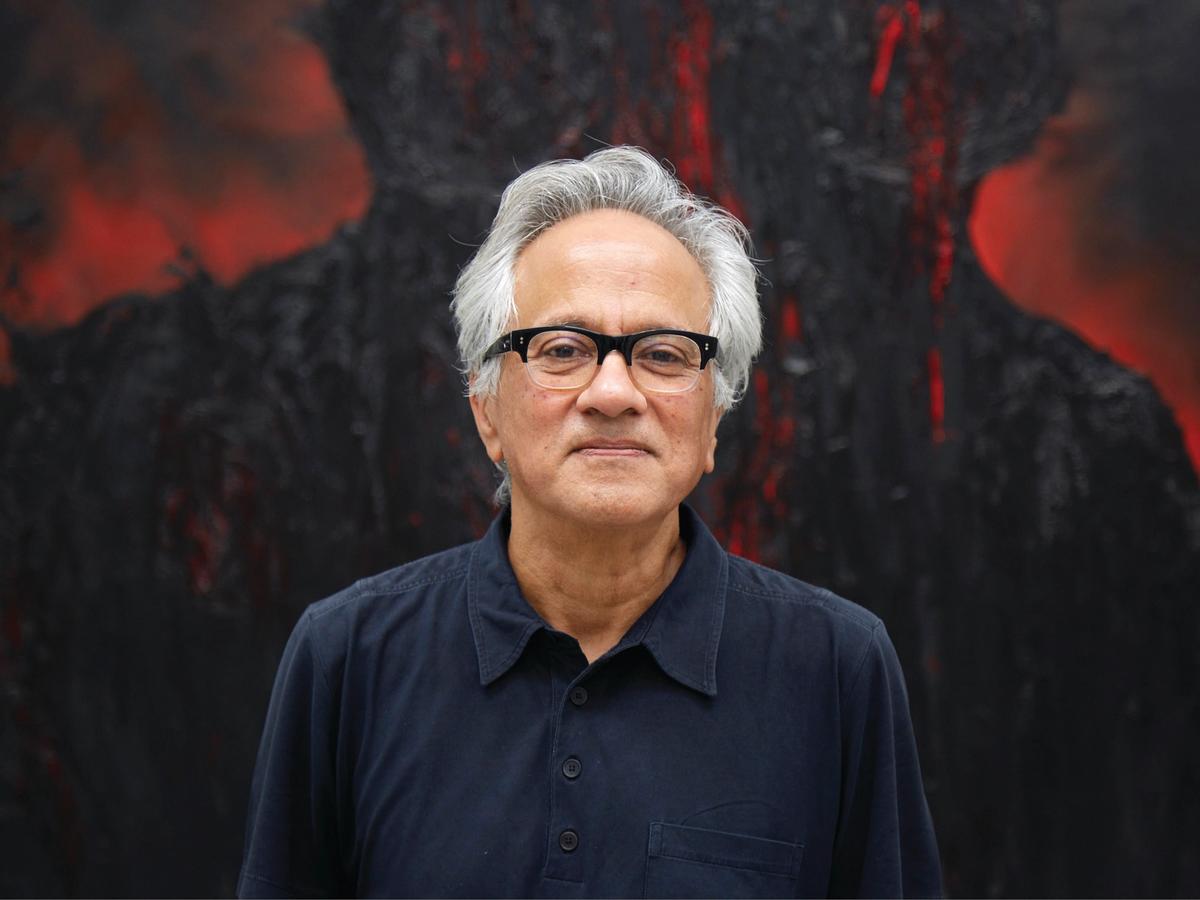Britain it seems no longer sees any merit in what the humanities have to offer. Art, music, poetry, literature and history come after—no, a very long way after—science and maths. The Victorian education forced on our children looks only to their ability to participate in the global capitalist machine. It no longer looks at the Sensible in the child. The idea that the arts and the humanities are an education is long lost.
The arts may give voice to our deeper selves but the current UK government’s sinister and systematic attempt to dismantle the Keynesian project which set up “arts for all” through organisations like the Arts Council, is slowly but surely unfolding through cuts in funding and political control. The overarching aim it seems is so-called economic ability, or the imagined future earning capacity of our children. This is to wilfully forget the £10bn that the arts currently contribute to the UK economy on a yearly basis. This politically motivated idiocy does our society a criminal disservice. The arts have been removed from the core curriculum in schools. The humanities are under assault in all our universities. Funding for the humanities is being cut and even subjects like history are now under assault—because they don’t show easy economic results?
The true effect of this will mean the belittling of our young people to roles of servitude to those at the top of the economy—as if economics is the only measure of value.
In a post-information age, which we must accept is upon us, what is the need to train hundreds of thousands to slave at facts and figures when the technologies we have invented do it so much better? A population invested in the arts is dangerous, likely to be less willing to tow the party line. A population that can think and perhaps even think with feeling is the last thing a right-wing government wants.
Giving voice to the unspoken
There is a strange truth about the arts and the humanities—they are the first to come under pressure when governments want tighter control. Recent history shows this well: Russia, Iran, Brazil—under its current government—India, China etc.
The arts give voice to the unspoken, known or half known in us. This is sometimes uncomfortable but also necessary. Free societies have until recently celebrated this. Is it that by articulating something of this human turmoil or human unresolvedness the arts can touch what is least governable in us? Are controlling governments afraid of this? Are they afraid of self-esteem and the will to look hard at society and history and revise its hitherto accepted norms. Why else would they attempt to ban peaceful protest or make it illegal to touch public objects?
There is no question that the arts and an education in the arts is deeply connected to human rights, to Black Lives Matter and equal opportunity for all, irrespective of race or colour, and then, of course, the tragedy of global warming and the 80 million refugees in our world today. The government knowingly undermines the humanities while it is also in the business of excluding refugees at any cost. It pays lip service to Black Lives Matter while it remains secure that all its institutions are kept within the status quo of male white supremacy. It feeds nationalism by insisting that even the content of our airwaves, the BBC, Channel 4 and public radio, have 80% so-called “British” programming. It shamelessly disregards the arms-length principle and appoints right-wing apologists to sit as the head of the boards of museums across the land. It has decimated an organisation like the British Council with total disregard to the great work it has done for the arts and the humanities here and abroad.
This drift to small-nation, small-minded nationalism cannot be seen as separate from the assault on the arts in the school curriculum. It is a programmatic agenda set out to leave less space for those who disagree. It is reminiscent of fascistic governments of recent times who attempted to control our imagined inner selves.
To exclude our young from the ability to participate in the sometimes-problematic human discourse that the arts prefigure is nothing short of criminal. It is not an exaggeration to wonder how a civilised society can find a meaningful future when it has been deprived of the fragile imaginative underbelly that are the arts and the humanities.
• Anish Kapoor will the first British artist to have a major exhibition at Gallerie dell’ Accademia in Venice (20 April-9 October)


